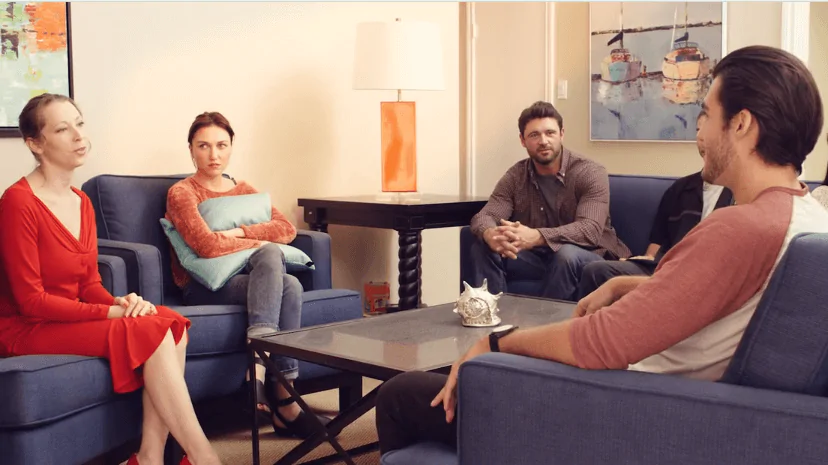24/7 Helpline:
(866) 899-221924/7 Helpline:
(866) 899-2219
Learn more about PTSD Treatment centers in Sturgeon Lake
PTSD Treatment in Other Cities

Other Insurance Options

Aetna

Optima

Covered California

Cigna

Lucent

Self-pay options

Humana

Meritain

Providence

BlueShield

Oxford

Holman Group

Multiplan

UMR

Health Partners

EmblemHealth

CareFirst

Kaiser Permanente

Health Net

Health Choice



Meadow Creek
Meridian Meadow Creek is a dual diagnosis drug and alcohol rehab center located in Pine City, MN. Th...

Reach Behavioral Health
Reach Behavioral Health is a public rehab located in Brook Park, Ohio. Reach Behavioral Health speci...







































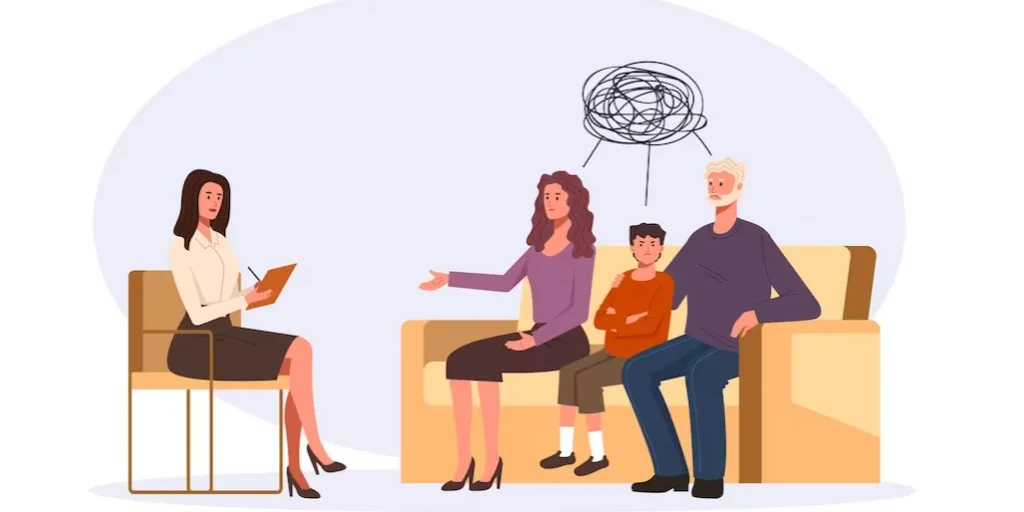

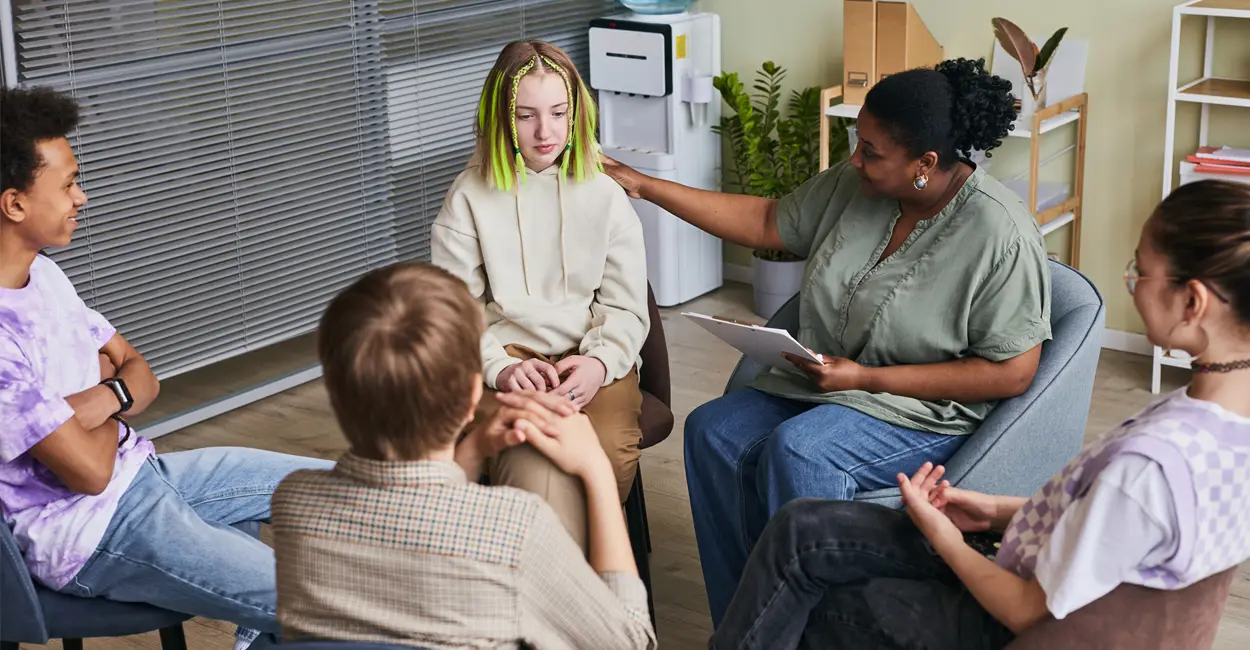






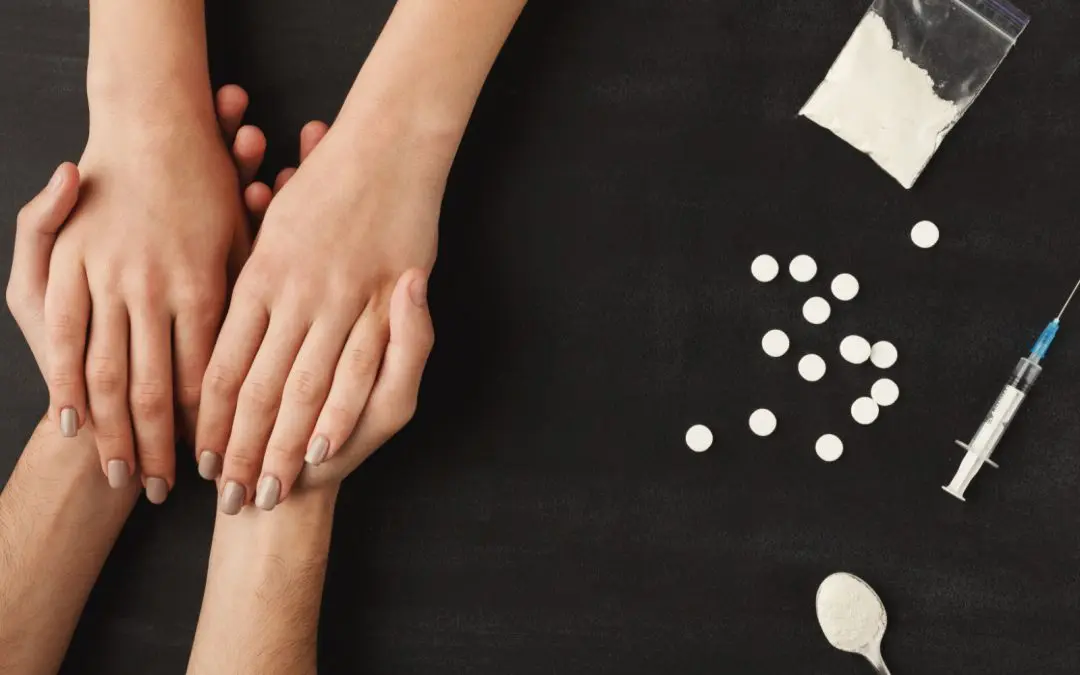






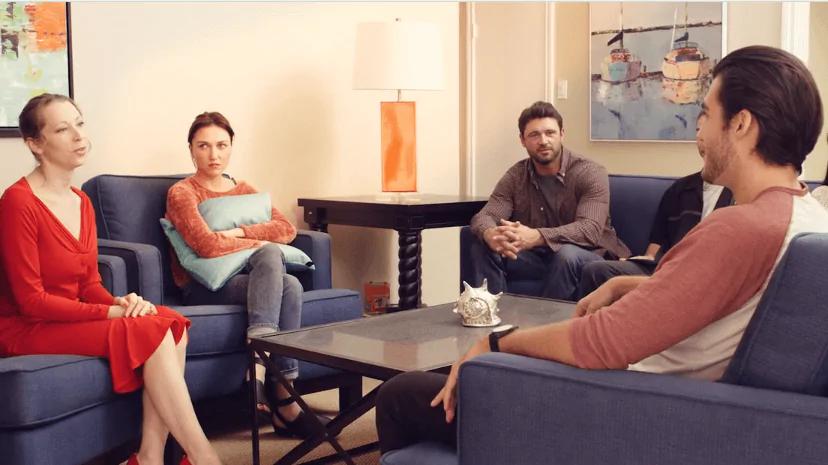


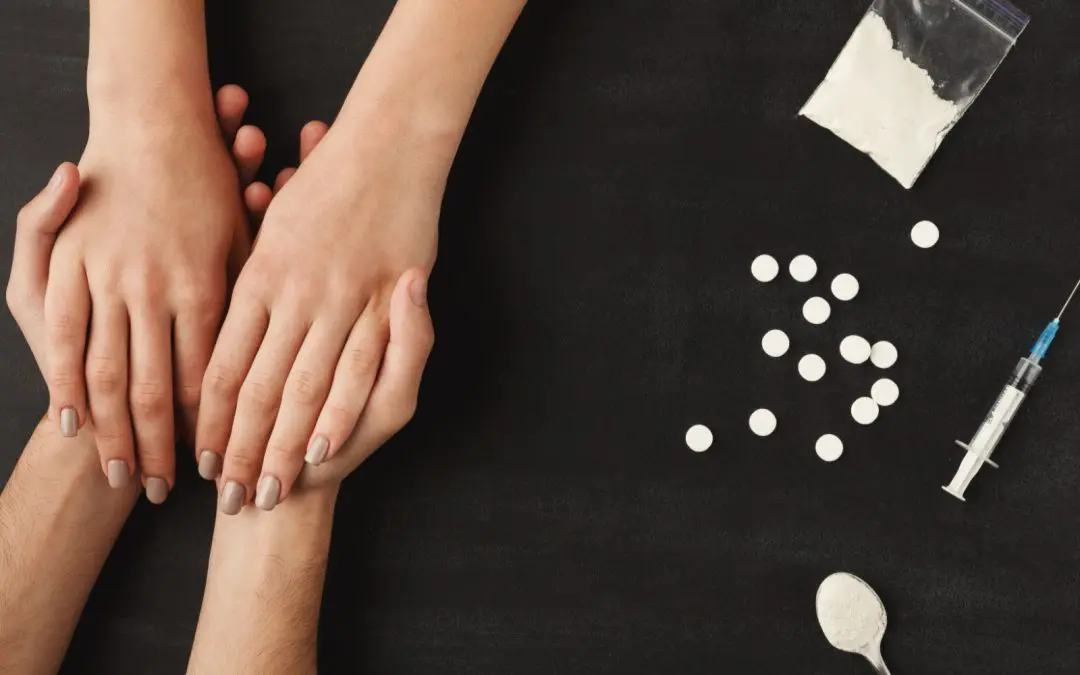


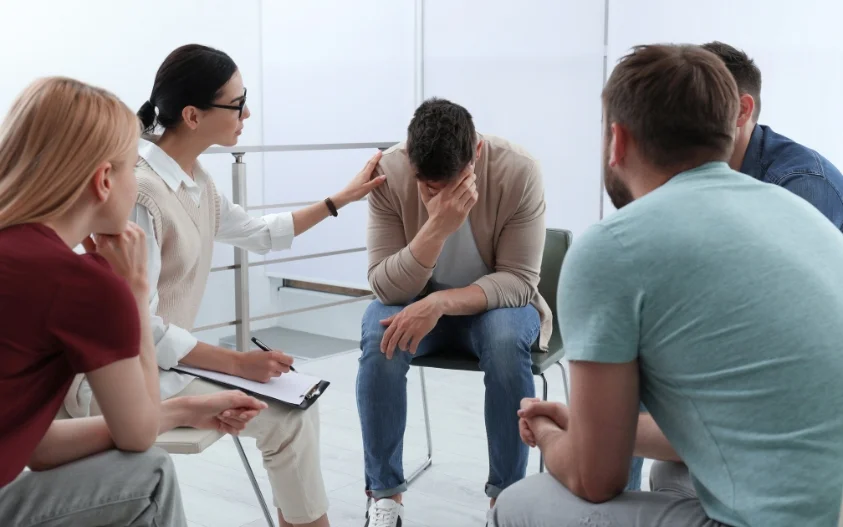
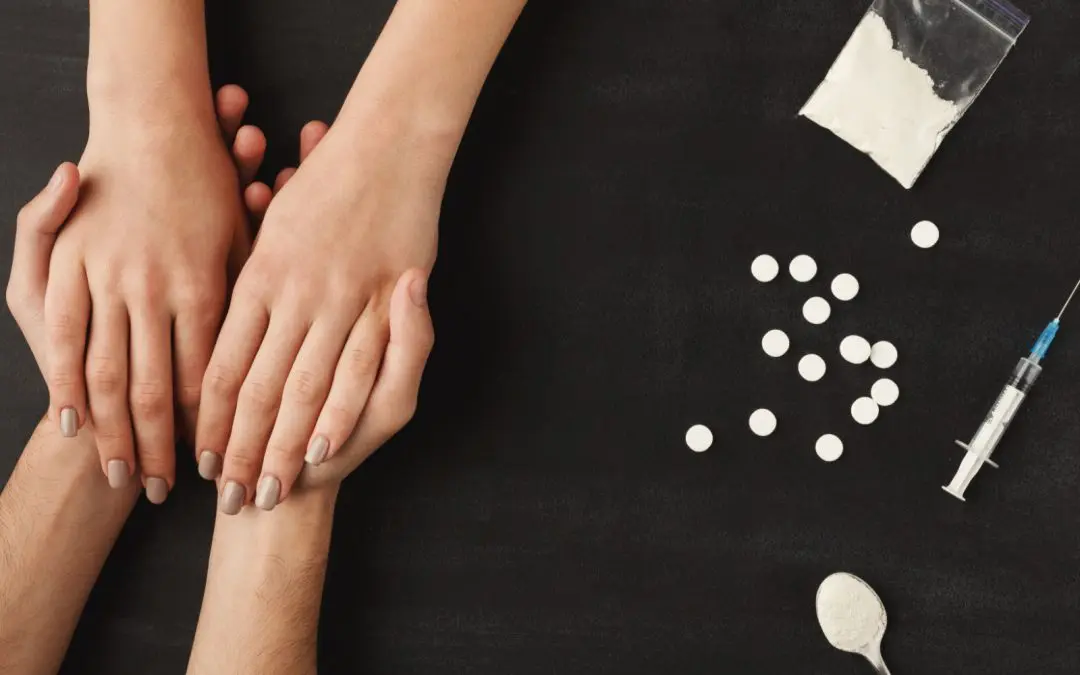


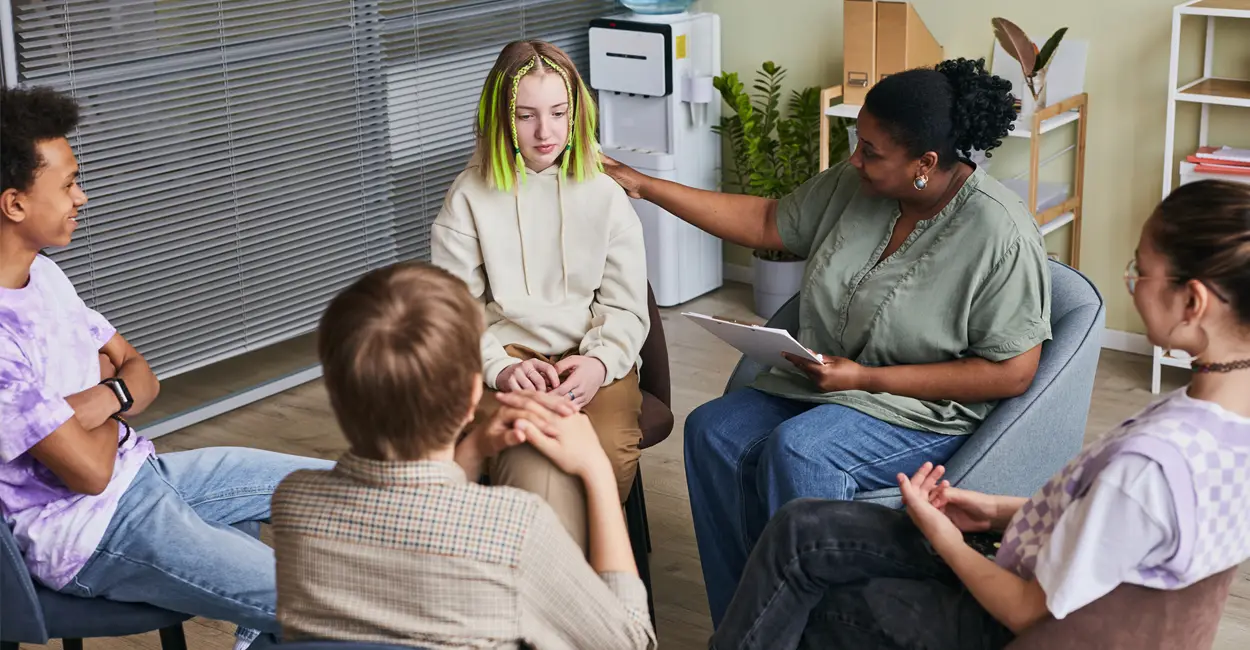



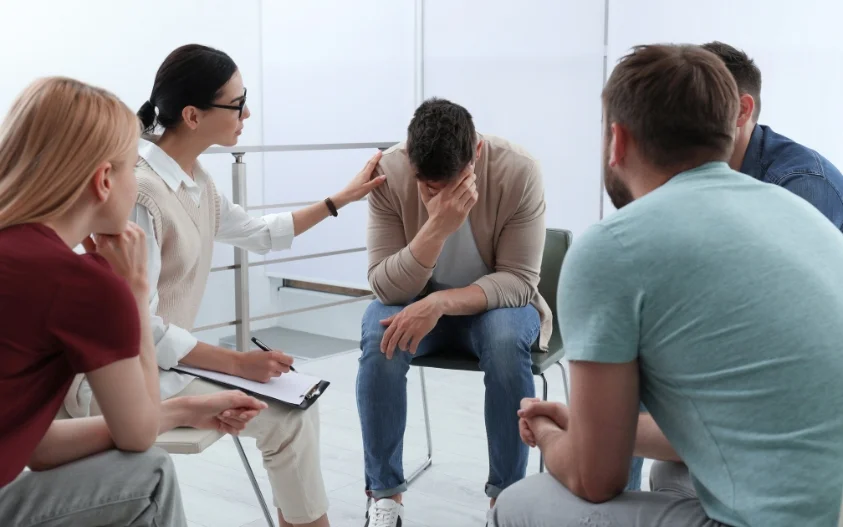






























Mille Lacs Band of Ojibwe – Aazhoomog Community Center
Mille Lacs Band Aazhoomog Clinic is a public rehab located in Sandstone, MN. Mille Lacs Band Aazhoom...

Empower Recovery Services
Empower Recovery Services is a private rehab located in Pine City, Minnesota. Empower Recovery Servi...

Options for Families and Youth
Options for Families and Youth is a private rehab located in Brook Park, Ohio. Options for Families ...

The Ed Keating Center – Jean Marie House
The Ed Keating Center is a nonprofit substance abuse organization that was founded in 1998. Jean Mar...

Mental Health and Substance Abuse Association
Mental Health and Substance Abuse Association is a private rehab located in Rock Creek, Ohio. Mental...







































